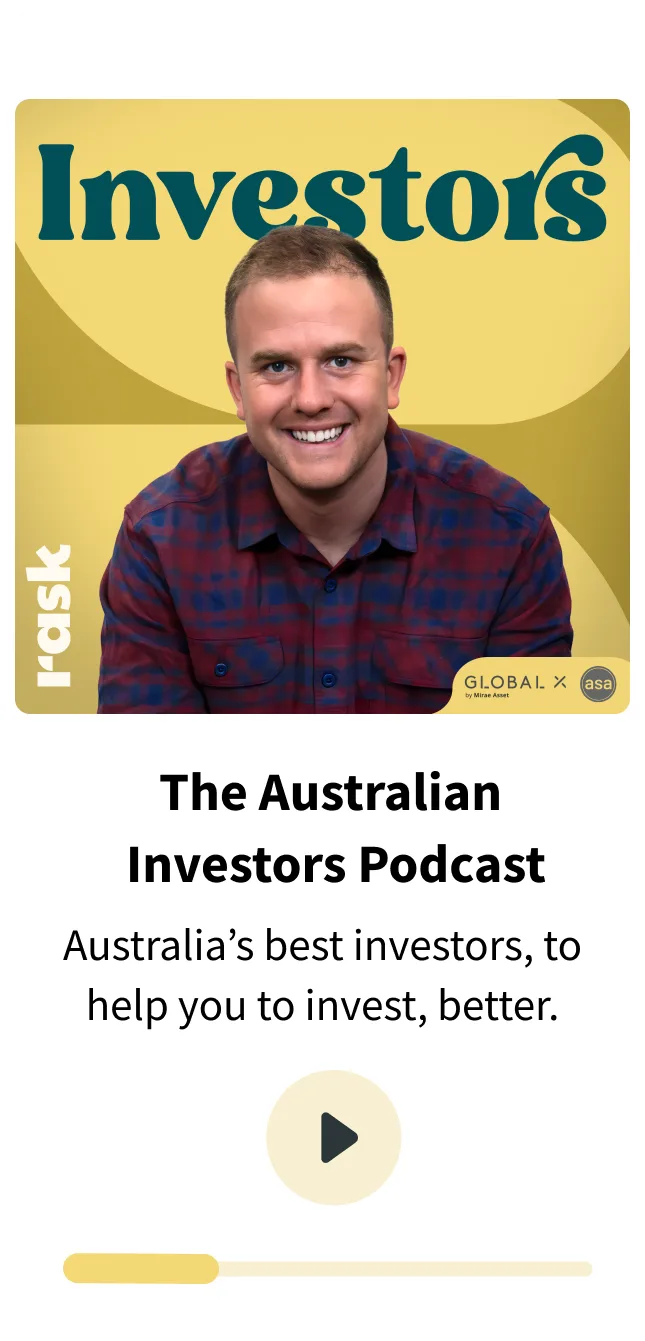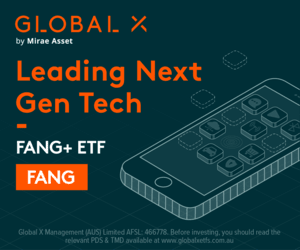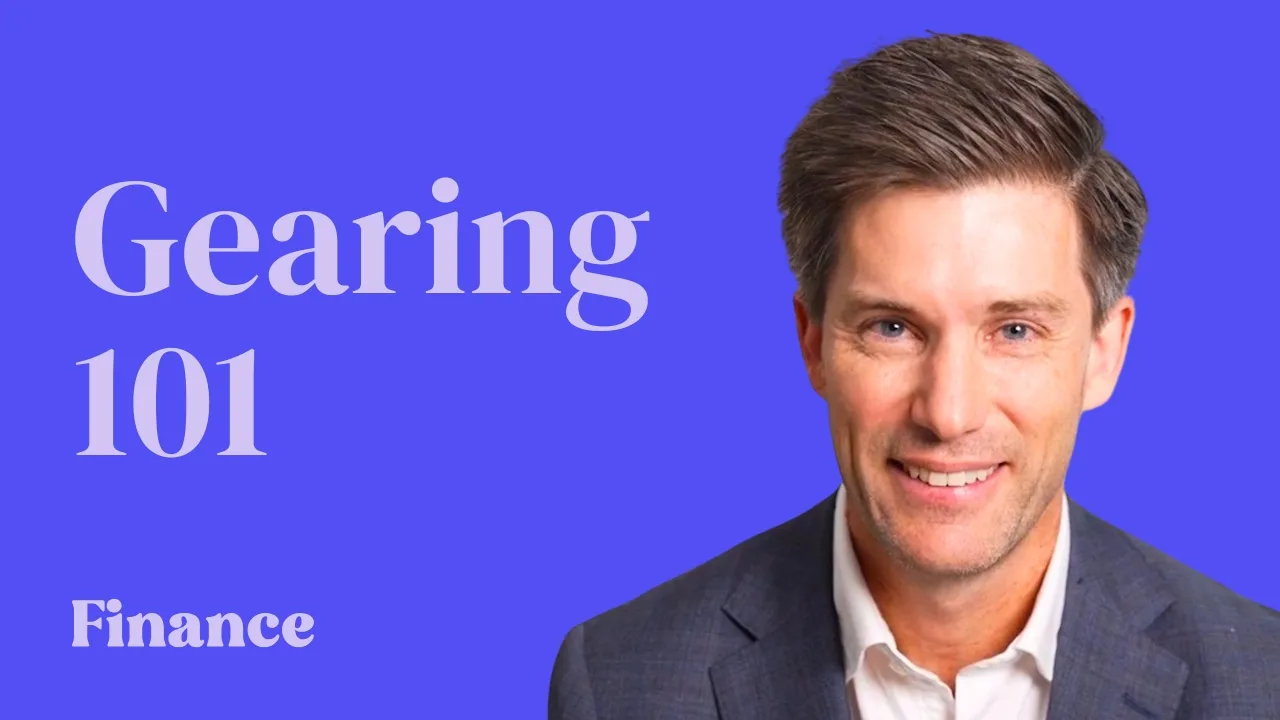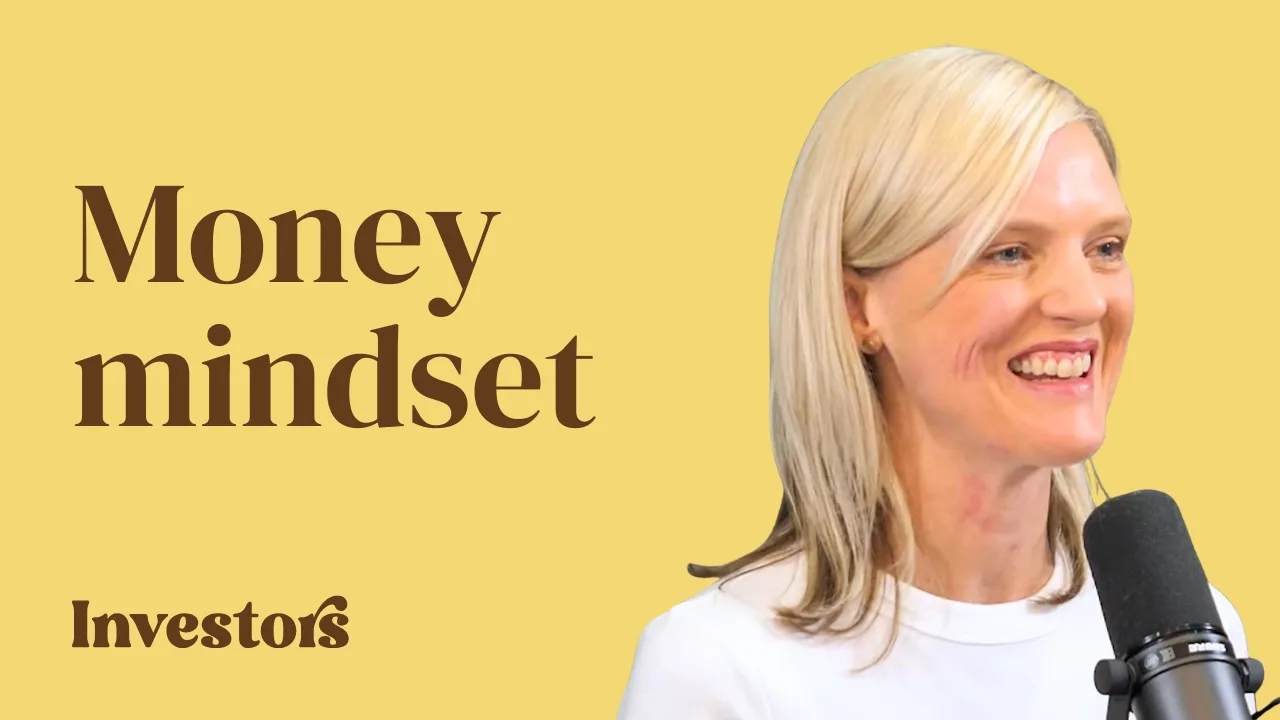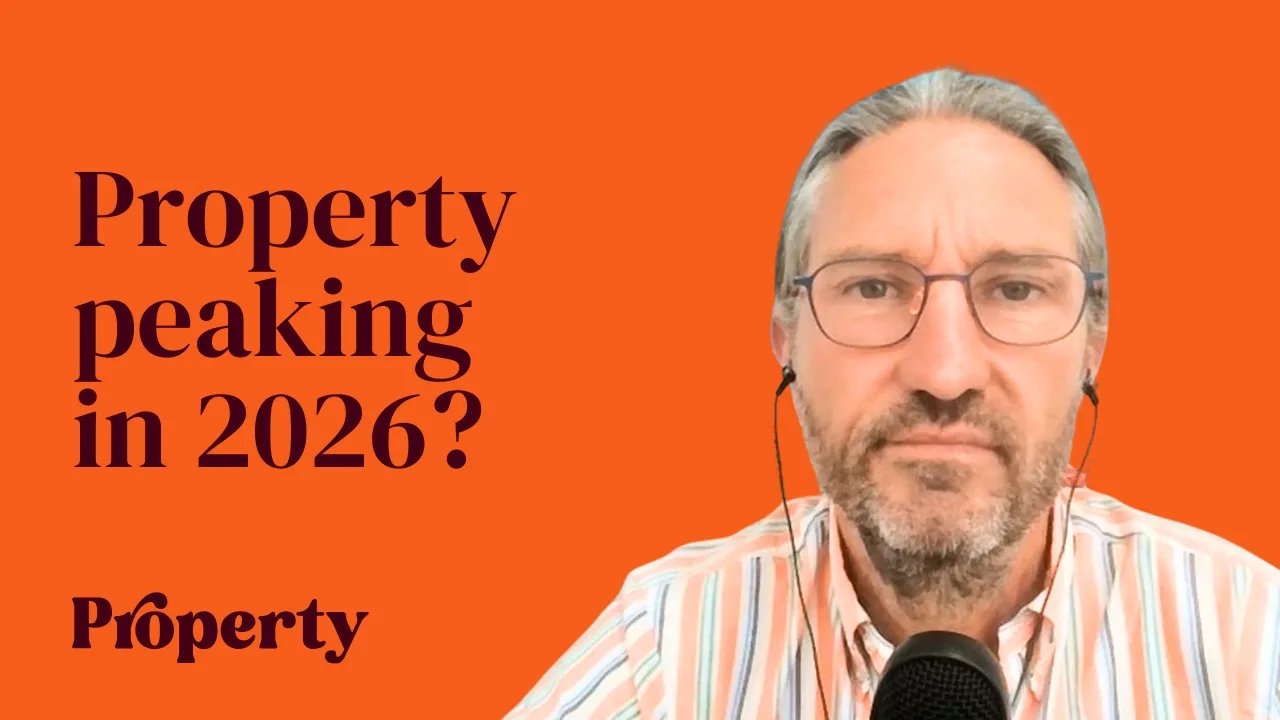Elisa Di Marco, PhD is the Portfolio Manager of Magellan’s Core International Fund and Core ESG Fund.
Elisa Di Marco recently joined Owen Rask on The Australian Investors Podcast to reveal the truth about quality investing, dive deep into the payments industry and illustrate what makes companies like Visa Inc (NYSE: V) and Mastercard Inc (NYSE: MA) true global leaders.
You’ll love this Australian Investors Podcast episode if you want to discover what it takes to identify, find and invest in the world’s highest-quality companies for the long run.
Want to ask Elisa the questions yourself? Elisa and her team are hosting a webinar on March 15th! .
What is the Magellan Core International Fund?
The Magellan Core International Fund is a diversified global shares portfolio capturing 70-90 of the world’s best companies — which Magellan defines as those that have sustainable competitive advantages, enabling them to generate attractive returns into the future. The portfolio is driven by Magellan’s research team, then built using a systematic approach to portfolio construction.
Podcast talking points with Elisa Di Marco
Usually, Elisa, I’d start with some icebreaker questions and have a bit of fun but I want to dive straight into the substantive part of the conversation and set you loose on two fascinating topics…
Through the lens of Magellan’s insatiable fundamental focus on ‘quality‘ companies (i.e. economic moat, disruption, value, risk), can you illustrate how and why payments companies fit the bill? Specifically:
- What is a quality company and why does it even matter?
- What is the payments industry and what makes it attractive?
- How do payments actually work in simple terms?
- How do you distil the universe of payments companies and identify those that matter?
- What are the factors (hard and soft) that make a quality payments company?
- Who do you believe will be the winners and losers within payments (e.g. from BNPL -> railways like Visa or MA -> aggregators like Stripe and PayPal, etc.)
[Note: the payments-meet-quality conversation extends to about ~30 minutes of the podcast.]
How about disruption in payments? In my mind, blockchain-based alternatives with distributed ledgers could be a threat to the entire vertical… do you disagree/agree, how do you think about this, which companies are doing good work, and which aren’t, technological milestones that could signal you’re wrong / right, etc.
– What’s the biggest threat to Visa and Mastercard, if not blockchain? Regulation?
As you conduct your research, especially for the Core Series, which industries or thematics keep surfacing as key buckets for quality
? For example, do financials and software businesses keep making their way through your funnel?
“Our portfolio construction begins with selecting the top 80 companies by quality after allowing for minimum diversification.” – Magellan
- What’s the difference between business and investing risk? Which do you think about more?
- Why does a rules-based approach to portfolio construction actually work?
- How do you measure and weigh quality & market cap?
- What is a risk vector and how do you apply constraints across the portfolio?
Aside from payments, what’s the best business model you’ve ever come across and why
- What does it do?
- What makes it unique?
- Describe, as granular as you can, what are the economics or margins?
- How would/does it scale?
- What did it do differently?
As someone who loves food and travel, I’m going to ask you some hard-hitting questions few would be prepared to put on record:
- Where’s the best food joint in Sydney for under $50 a head?
- Who does coffee better, Melbourne or Italy?
- What’s the best food-related business you’ve ever seen?
Final question, what’s one thing about finance or investing you believe that few others would agree with you on?
